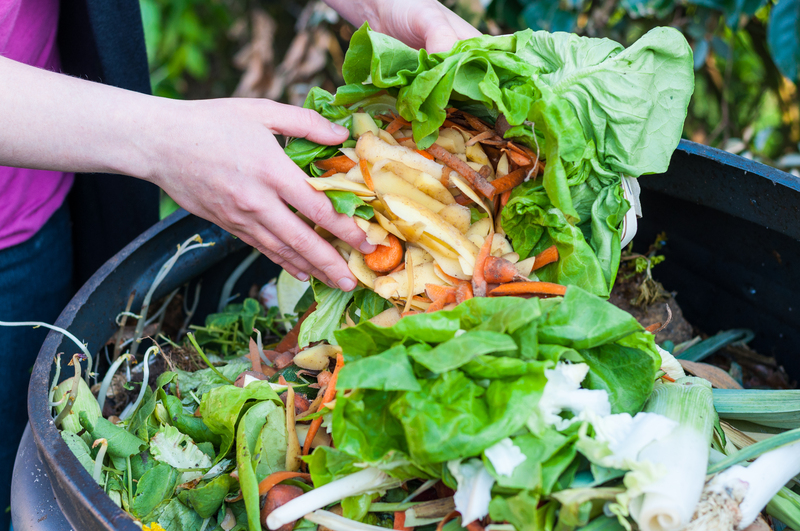Examining Our Impact: Assessing Recycling in the UK
Posted on 30/12/2024
In recent years, the issue of sustainability and environmental impact has gained significant attention from individuals, businesses, and governments alike. With the growing concern over climate change and the depletion of natural resources, there has been a renewed focus on recycling as a way to reduce waste and preserve our planet for future generations.
One country that has been at the forefront of recycling initiatives is the United Kingdom. The UK government has set ambitious targets to increase recycling rates and decrease the amount of waste sent to landfills. In this article, we will examine the current state of recycling in the UK and assess its impact on the environment.
The Current State of Recycling in the UK
According to recent data from DEFRA (Department for Environment, Food & Rural Affairs), 45.2% of household waste in the UK was recycled in 2018/19. This is an impressive increase from just 11% in 2000/01. However, it falls short of the government's target of recycling 50% of household waste by 2020.
When looking at individual materials, glass had the highest recycling rate at 74%, followed by paper/cardboard at 68%. However, plastic only had a recycling rate of 21%. This highlights one of the biggest challenges facing recycling in the UK - the issue of single-use plastics.

The Impact of Recycling on the Environment
Recycling has numerous benefits for our environment. By diverting waste from landfills, it reduces greenhouse gas emissions that contribute to climate change. It also conserves natural resources such as timber, water, and minerals by using recycled materials instead of extracting new ones.
Moreover, recycling helps to decrease pollution. Landfills are a major source of methane gas, which is a potent greenhouse gas. By reducing the amount of waste sent to landfills through recycling, we can significantly reduce these emissions.
Another key environmental benefit of recycling is the conservation of energy. Producing new products from recycled materials uses significantly less energy compared to producing them from raw materials. This helps to reduce our carbon footprint and lessen our dependence on fossil fuels.
The Pros and Cons of Recycling
Like any other practice, recycling has both advantages and disadvantages. One of the main pros is its positive impact on the environment, as discussed above. It also has economic benefits, such as creating jobs in the recycling industry and reducing the cost of waste management for local governments.
However, there are also some cons to consider. Recycling requires significant resources such as energy and water, which can have their own environmental impacts. There is also a need for proper infrastructure and technology to effectively sort, process and recycle different types of waste.
Another challenge is contamination of recyclable materials. When non-recyclables end up in recycling bins, it can affect the quality and value of the materials, making them difficult to recycle. This emphasizes the importance of educating people about what can and cannot be recycled.
Tips for Improving Recycling in the UK
As individuals, we can take small but significant steps towards improving recycling in the UK. Here are a few tips to keep in mind:
- Educate yourself: Learn about what can be recycled in your local area and follow proper sorting guidelines.
- Reduce consumption: By using reusable items instead of single-use ones, we can decrease the need for recycling.
- Buy products made from recycled materials: This creates demand for recycled materials and supports the circular economy.
- Encourage others: Share information with friends and family about the importance of recycling and how they can get involved.

Key Takeaways
Recycling plays a crucial role in reducing waste, conserving resources, and mitigating climate change. While there is still room for improvement in the UK, progress has been made over the years. By working together, we can continue to increase recycling rates and make a positive impact on our environment.
In Conclusion
The UK has come a long way in terms of recycling, but there is still more that can be done to improve our impact on the environment. The key lies in educating and engaging individuals, businesses, and government bodies to work towards a more sustainable future. We all have a part to play in reducing waste and preserving our planet for future generations. Let's make recycling a priority and take action today.
Latest Posts
Recycling for Environment Health
Start Your Plastic-Free Kitchen Journey
Recycling Polystyrene for a Greener Earth






